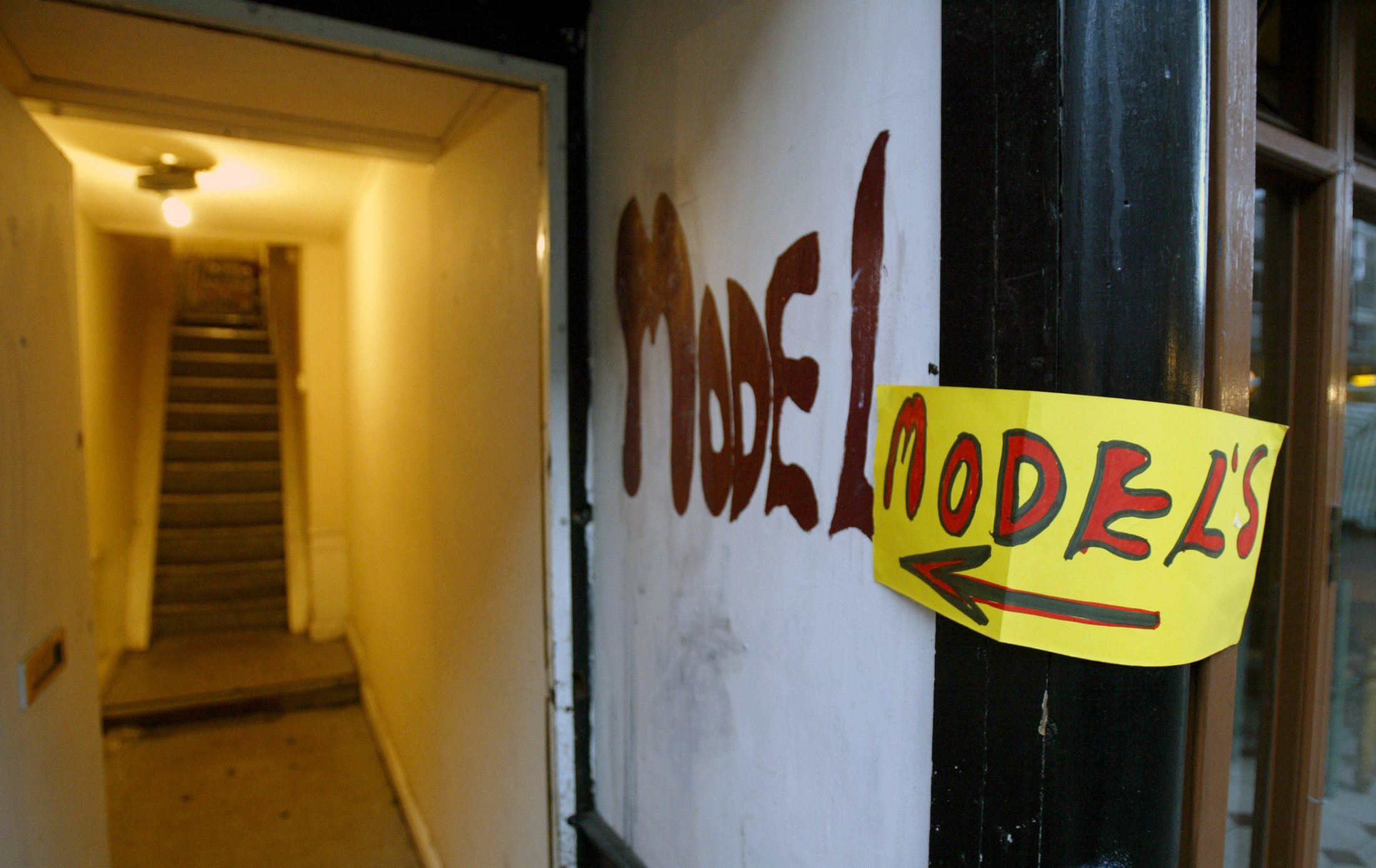Economic woes push more women into sex work
Students and single mothers are increasingly turning to prostitution as government cuts impact on women who are struggling to make ends meet.

A new study from Kingston University claims roughly 6 per cent of students, from a sample taken across the UK, are currently working in the sex industry, which includes erotic dancing, stripping and escort services.
Sarah Walker, from the English Collective of Prostitutes, has said that they are getting more calls than ever before from students looking for advice – but the majority of calls still come from mothers.
She says the law prevents women from working together for safety and puts students at risk of exploitation by “unscrupulous people” running dodgy agencies.
“Most women work for themselves, but women are criminalised under the current laws, whether they work at home or with a friend,” she explained. “Our calls from students are up by a third. Students are struggling with debts of up to £30k and medical students face debts of £70k.”
“They are less able to get jobs in pubs and shops now and many live in poverty. Education should be a right for young people. The Collective of Prostitutes say British laws victimise women and have called for complete legalisation of the industry following the New Zealand model where four women can work together.
“This makes it easier to leave the industry if you want to – as you won’t have a criminal record hanging over you.”
The National Union of Students warned last year that cuts to education grants and increased fees would force greater numbers of students to turn to sex work. Now NUS says it is focusing on providing support to students drawn into the industry.
Escort agencies - are they legal?
In 2009, the laws changed with the introduction of the policing and crime act 2009, making it a criminal offence to pay for services of a prostitute who is controlled for gain if any third party uses force, threat or any other form of coercion. Soliciting for sex in the street is illegal and kerb-crawlers can be arrested on their first offence. If convicted they may have to take a rehabilitation course or pay a fine.
Police or local authorities can enforce a closure notice on a property they suspect is used for "specified prostitution or pornography offences". The orders can last for three months.
Bosses of escort agencies and can be arrested for "controlling for gain" if they have received payment as a third party to sexual services. Sentencing is mitigated by evidence of physical or mental coercion with non custodial sentences where no coercion or corruption is involved.
Two or more prostitutes living together constitutes a brothel, even if they work on different days. But where rooms or flats in the same building are let separately it can be treated as a brothel only if the individuals are working together. The degree of coercion in terms of recruitment and control are considered very relevant to sentencing.
Advertising sex services in a public telephone box is explicitly banned by the 2009 act and carries a sentence of up to six months in prison. There is no specific offence for advertising in newspapers.
It is illegal to solicit for the purpose of obtaining a sexual service as a prostitute in a public place including a motor vehicle. Police can stop prostitutes under suspicion of "loitering or soliciting in a street". Courts often offer an "engagement and support order" which provides a superviser and series of meetings to discuss the cause of offending.
NUS women’s officer Kelley Temple has told Channel 4 News that cuts are hitting women the hardest, making prostitution an increasingly common choice for female students.
“Student poverty is a serious issue. Many are living below the poverty line, and research shows that cuts are hitting women’s pockets the hardest,” Ms Temple explained.
“Women have less choices with regard to accessing education because they have less money, clearly some will turn to sex work.”
Almost 25 per cent of students now know someone in the sex industry and 11 per cent would consider escort work, according to a Kingston University study carried out last year and significant numbers of students of both sexes say they have purchased sexual services.
The NUS says its major concern is for the safety of students and understanding the needs of those who enter the sex industry.
“Our policy is to support people, the key priority is their safety and well-being as opposed to taking the moral high-ground or pretending it doesn’t happen.”
As tuition fees rise to £9,000 per academic year students are being targeted with offers of up to £1,000 a week as sex workers. East Anglia students were targeted on Twitter by an escort agency earlier this year, but the account was quickly suspended after outraged students groups spoke out.




